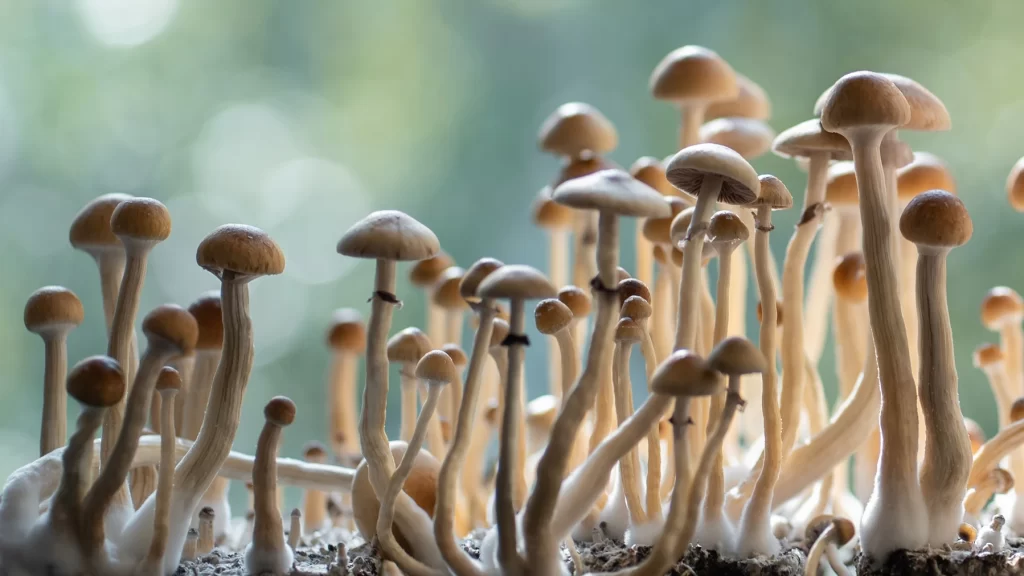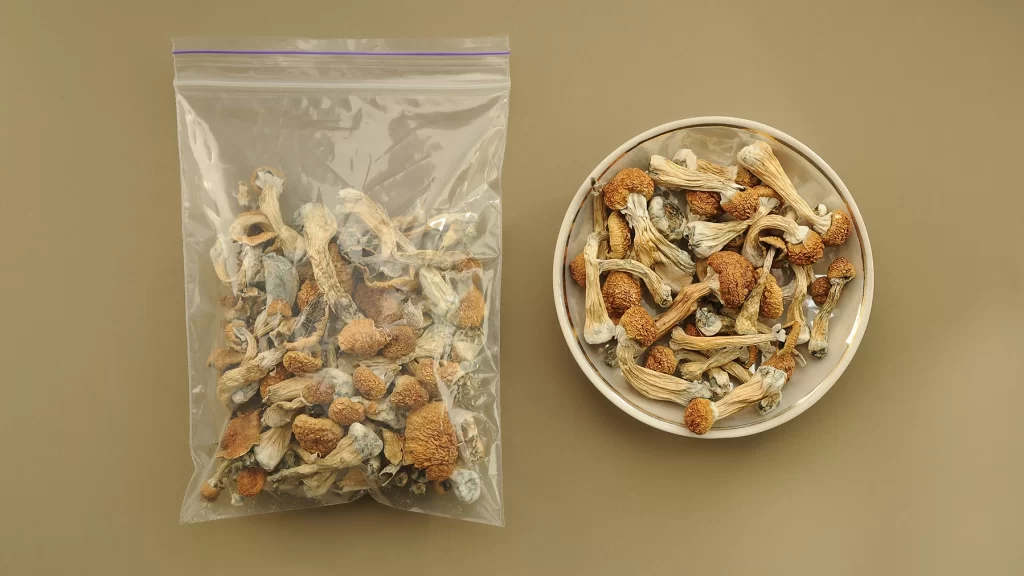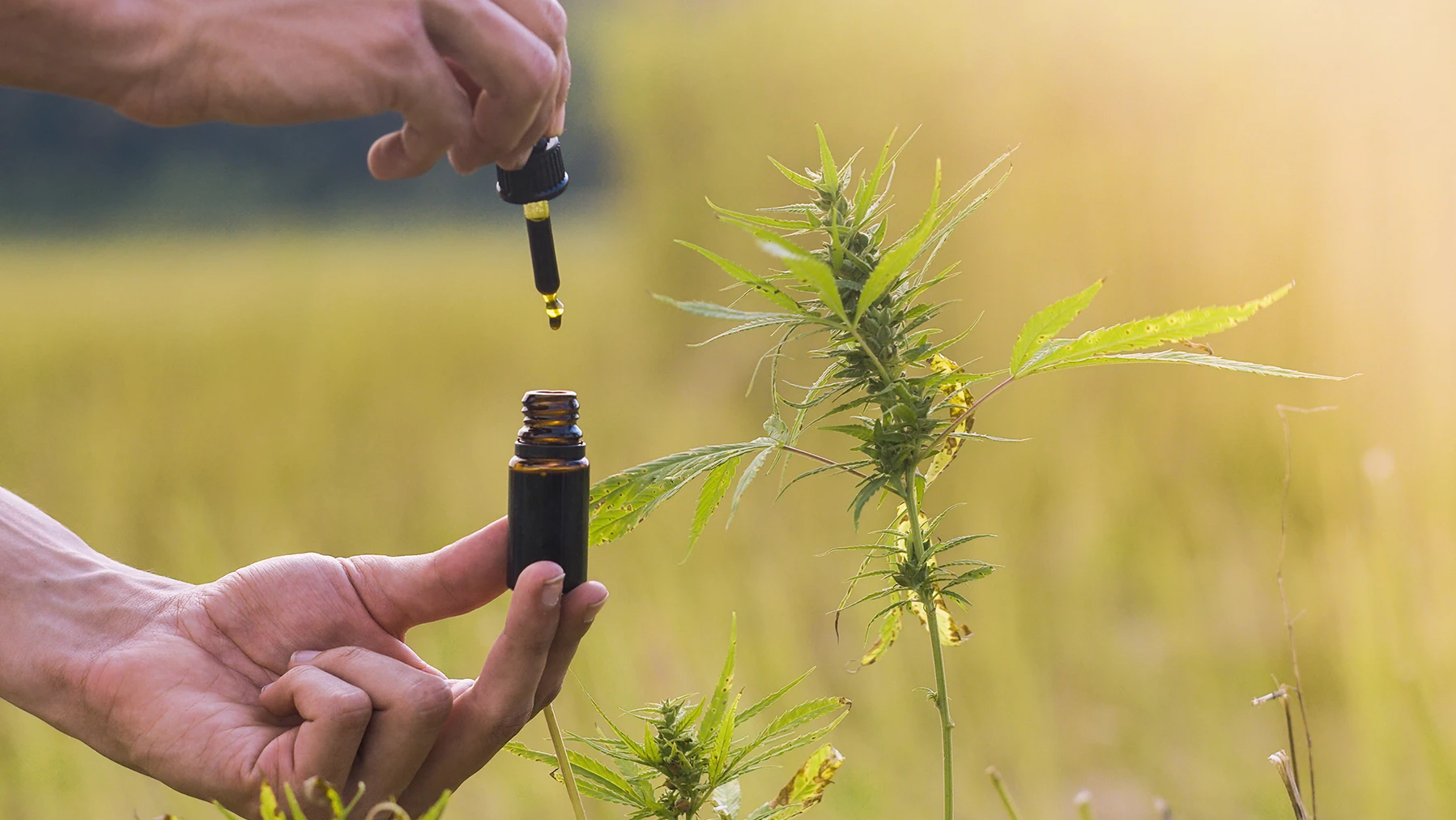Psychedelics are substances known for their profound effects of perception, mood and cognition. They have been used for centuries across a variety of cultures. Recently the legal status of psychedelics has begun to evolve globally, largely driven by an increasing interest in their potential therapeutic benefits.

This article provides an overview of the legal status of psychedelics in different countries, discusses recent changes in legislation and explores the implications of these changes for research and medical use.
Legal status of psychedelics by region
North America
United States: Psychedelics such as LSD, psilocybin (found in magic mushrooms), and MDMA are classified as Schedule I substances under the Controlled Substances Act, meaning they are considered to have high potential for abuse and no accepted medical use. However, several cities and states have begun to decriminalise or legalise certain psychedelics. For instance, Oregon passed Measure 109 in 2020, allowing the regulated medical use of psilocybin. Denver, Colorado, and Oakland, California, have decriminalised psilocybin mushrooms.
Canada: Similarly strict national laws regarding psychedelics, but there have been significant moves towards decriminalisation and medical access. In 2020, Health Canada granted exemptions to terminally ill patients to use psilocybin for end-of-life distress, marking a significant step towards broader acceptance.
Europe
Netherlands: The Netherlands is known for its relatively liberal drug policies. While psilocybin mushrooms are illegal, magic truffles which contain the same psychoactive compound, are legal and widely available via ‘smart shops’.
Portugal: Portugal decriminalised the possession of all drugs in 2001, which includes psychedelics. Their approach has focused on harm reduction, taking a health-based approach to drug policy instead of a criminal one. The Portuguese approach allows the possession of small amounts of drugs for personal use.
United Kingdom: Psychedelics are classified as Class A drugs in the UK, making their possession and distribution illegal with possession resulting in up to 7 years in prison. Though there is ongoing research into the therapeutic potential of psychedelics, their Schedule 1 status, defined as having no therapeutic benefit, means that a licence from the Home Office is required leading to a considerable security and cost implications to conduct research.
South America
Brazil: Ayahuasca, a traditional brew containing the psychedelic DMT, is legal in Brazil for religious ceremonies. This legal status has facilitated a resurgence in the use of ayahuasca in both traditional and new-age contexts.
Peru: Similar to Brazil, ayahuasca is legal in Peru, and the country has become a popular destination for ayahuasca tourism. The use of other psychedelics remains illegal.
Asia
India: Psychedelics are generally illegal in India, although there is a cultural history of psychoactive substance use in religious rituals, particularly with natural substances like cannabis.
Japan: Japan has stringent drug laws, and most psychedelics are illegal. The country has shown little interest in the therapeutic potential of these substances.
Recent changes in legislation
Over the last few years there have been significant legislative developments regarding psychedelics, particularly in North America and Europe.
United States: The U.S. has witnessed a wave of local and state-level initiatives to decriminalise psychedelics. The FDA has granted “breakthrough therapy” designation to psilocybin for depression and MDMA for PTSD, expediting research and potential approval.
Canada: Following the exemptions granted in 2020, there is growing momentum for broader medical access to psychedelics. Health Canada continues to review and approve exemptions on a case-by-case basis.
Australia: In a groundbreaking move, Australia’s Therapeutic Goods Administration (TGA) reclassified MDMA and psilocybin as controlled medicines in 2021, allowing them to be used in clinical settings under strict regulations.
Implications for Research and Therapeutic Use
The shifting legal landscape has profound implications for both research and therapeutic use of psychedelics.

Research: The easing of legal restrictions facilitates greater research into the potential benefits of psychedelics. Studies have shown promising results for psychedelics in treating conditions such as PTSD, depression, and anxiety. The “breakthrough therapy” designations by the FDA indicate a recognition of the substantial evidence supporting the efficacy of these treatments.
Therapeutic Use: Legalisation and decriminalisation enable the establishment of regulated therapeutic environments. In Oregon, for instance, Measure 109 allows for the supervised use of psilocybin in therapeutic settings, paving the way for safe and structured treatment protocols.
Public Perception: As more regions reconsider their stance on psychedelics, public perception is likely to shift towards viewing these substances as legitimate medical treatments rather than illicit drugs. This cultural shift is crucial for the broader acceptance, a reduction in stigma and integration of psychedelic therapies into mainstream medicine.
Economic Impact: The emerging legal market for psychedelics presents significant economic opportunities. Legal frameworks for production, distribution, and consumption can create new industries and job opportunities, as well as generate tax revenue.
Interested in expanding your understanding of psychedelics? How Plantific can help
The legal status of psychedelics is rapidly evolving, with significant implications for research, therapeutic use, and public perception. While many countries still classify psychedelics as illegal substances, a growing number are recognizing their potential medical benefits and moving towards decriminalisation or regulated medical use. These changes are poised to revolutionise the field of mental health treatment, offering new hope for individuals suffering from a range of psychiatric conditions.
At Plantific our Introduction to the Science of Psychedelics course provides an overview on the history, science and ethics of psychedelics.
Our course can provide you with all of the necessary knowledge to effectively navigate the complex galaxy of psychedelic medicines. The Introduction to the Science of Psychedelics course offers you a competitive edge in preparation for the challenges and opportunities in this rapidly-evolving field. Broadly speaking, the course focuses on the following concepts:
- Historical summary
- Substance overview
- Medical applications
- Clinical practice
- Research
- Ethics and bio-cultural sustainability
If you are interested in learning more about how Plantific can help you on your Psychedelic knowledge journey, explore the various courses we offer.


